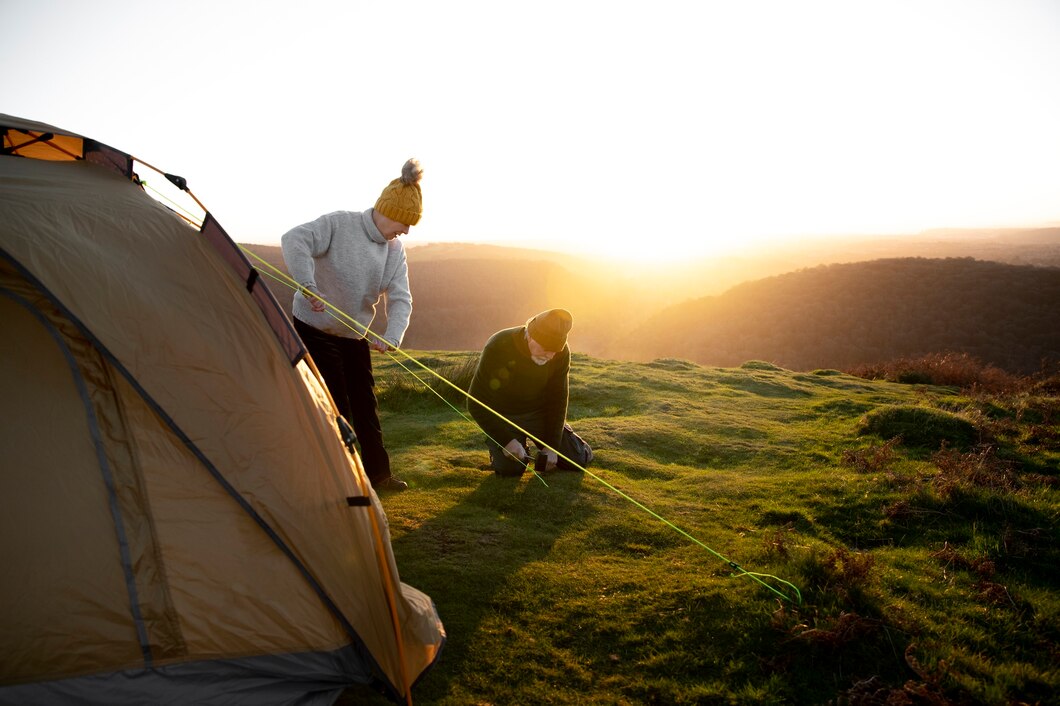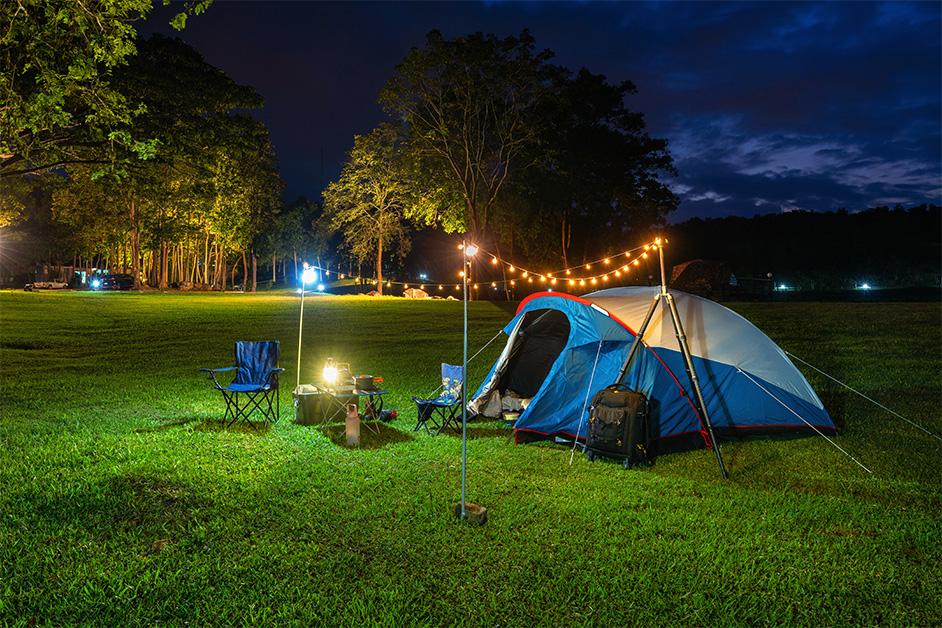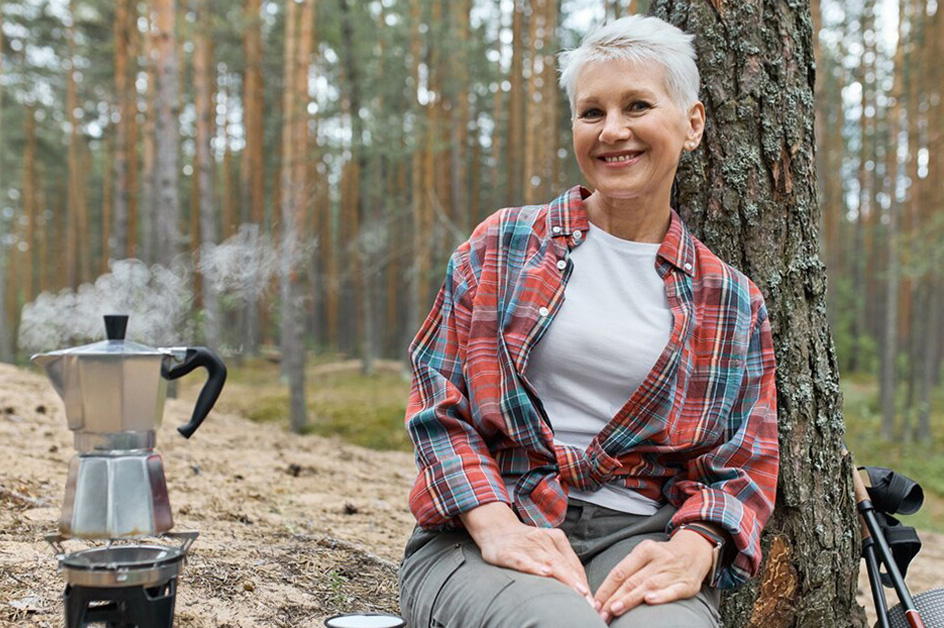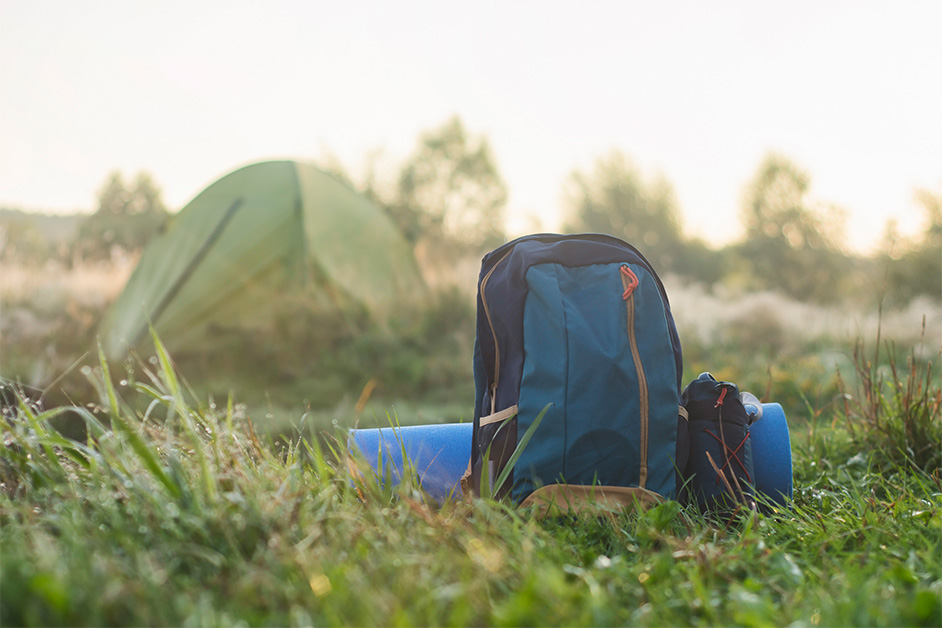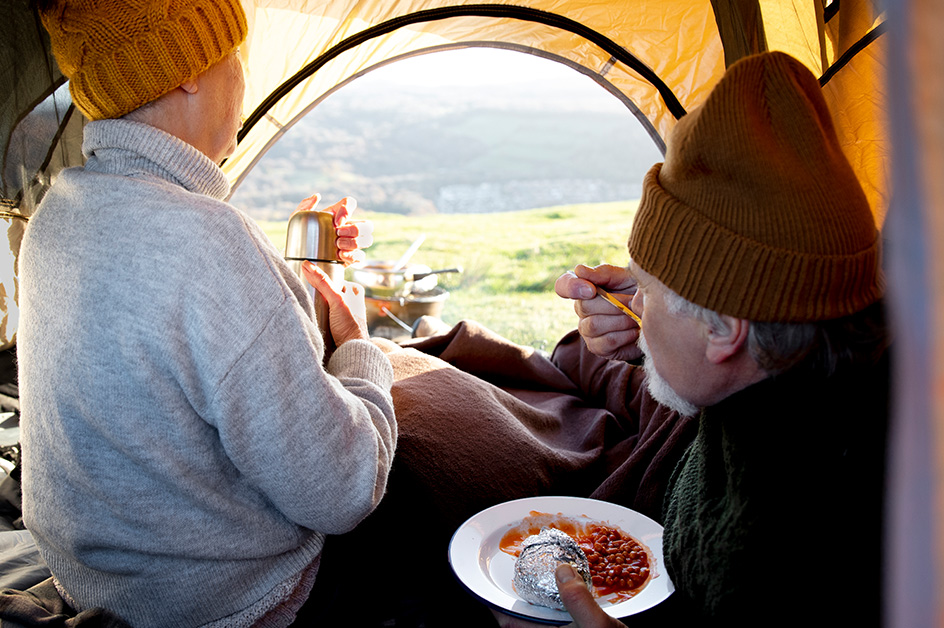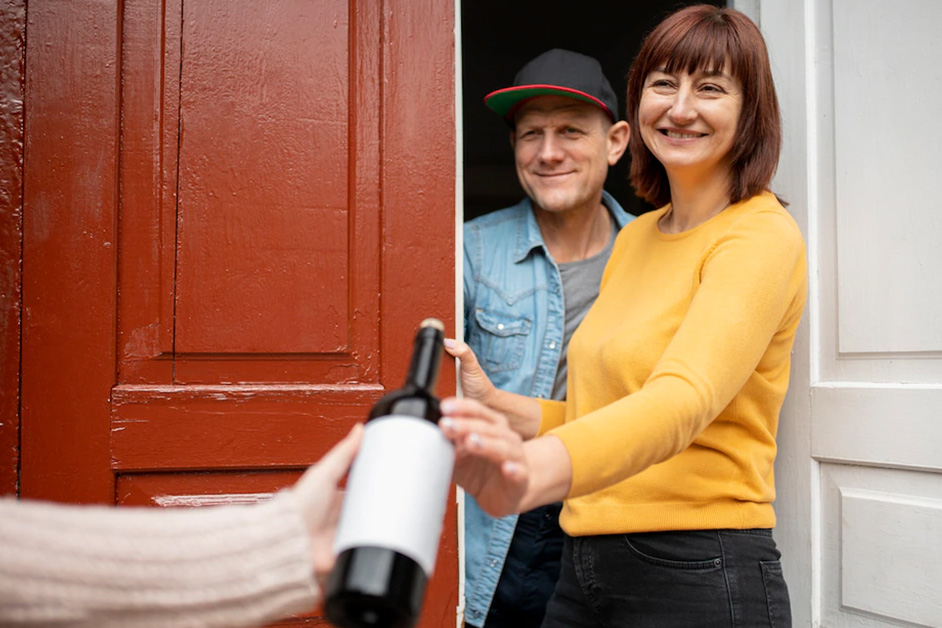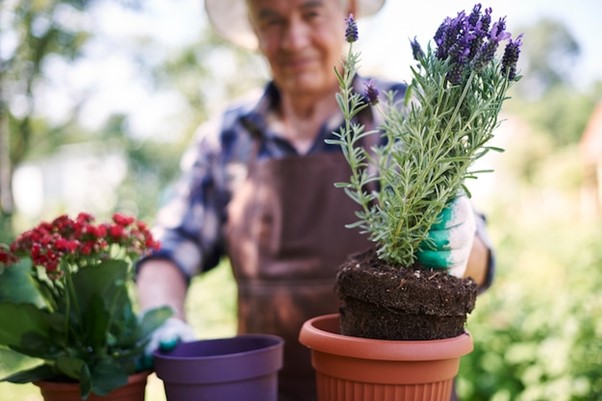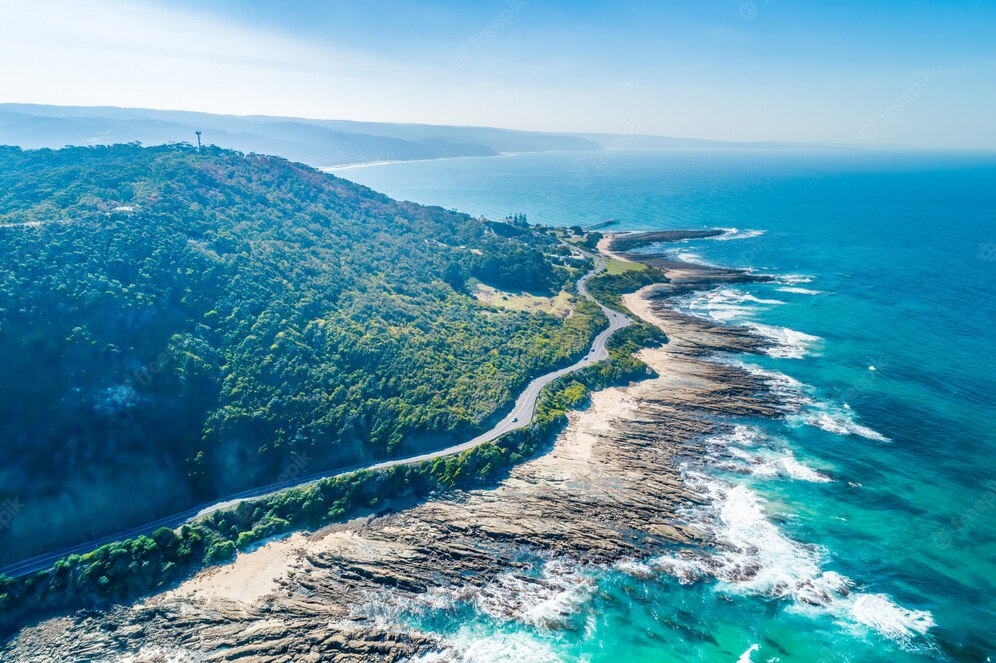You don’t need a caravan to enjoy short-stay escapes on your own, with your partner or with friends. Check out what’s on offer within a one to three hour driving radius for maximum enjoyment and minimal driving time. Sand between your toes on beaches, a mountaintop with views that go on forever, villages with country markets or antique trails, wineries and breweries to tour and taste. Camping is relaxed, easy and accessible, your choice of destinations is endless, and the price is right.
Set yourself up for under $500
A trip to your local camping goods store or a half hour online will buy you all the lightweight, easy to erect camping gear you’ll need. A dome tent for around $50, a self-inflatable mattress and sleeping bag for about $100. The comfort and extra space of an insect-proof gazebo for around $200. That leaves a generous budget for the cookware, a cooler for food, a fireproof kettle, a folding chair and table and lighting you’ll need. If you buy compact, this should fit easily into your car boot or back seat. And for personal comfort you might include a portable chemical toilet. Prices start at $80.
Instead of a confining sleeping bag, take along your favourite pillow and doona, and swap out the inflatable mattress with an off-the-ground stretcher (this will also make it much easier to get in an out of bed). Pack some solar-powered fairy lights to decorate your camp and take a percolator. What could be more enjoyable than starting each day with fresh, hot coffee, brewed over the fire?
Safe camping essentials
Here are a few essentials to pack:
- Water and ice
- Mobile phone and car charger
- Medications and prescriptions
- Sunscreen
- Insect repellent
- First aid kit
- Toiletry basics
- Hat, raincoat or warm coat, comfortable footwear
- A sharp knife, matches or a firelighters
- Lighting (candles, torch, a couple of small solar lights)
- Dustpan and brush (there’s nothing worse than sand in your bed)
- Your spectacles
- A good book or two
Camp cooking
Eating in the great outdoors needn’t be boring or basic. With a bit of advance planning your camp meals can be culinary triumphs. Pre-marinate steaks, chicken pieces and meat skewers in single meal sizes, and pack in snap-lock bags ready for the grill pan or barbecue grid. Canned beans, couscous and precooked rice sachets make convenient sides. Portion up cheese, salami, veggie sticks, dried fruit and nuts for instant snack platters. Pre-roast vegetables for salads. Premix dressings and decant oil and condiments into small jars with tight-fitting lids. Popcorn popped in a saucepan over your barbecue fire or camp cooker is a healthy treat, but for something more decadent, no-one is ever too old for campfire-roasted marshmallows.
Before you go…
- Fully charge your mobile phone
- Check the BOM for weather information
- Find out if campfires are allowed at your site, and if you need to bring your own wood
- Fill the car with petrol
- Arrange for someone to feed your pets, bring in your mail and take out your bins.
- Prepare an ICE (in case of emergency) information sheet to leave with a neighbour or friend. It should contain:
- Your full name
- Your mobile phone number
- Your car make, colour and rego number
- Details of where you are going
- Contact details for your next of kin or emergency family member
- Contact details if staying in a registered campground
- Date/day of your return.
- Your prearranged signal of return (see below)
On your return…
Let your neighbours or friends know you’re safely back with your prearranged signal — a coffee cup on the table in your front porch, curtains open in the front room.
If they have helped out with feeding pets or the like, consider finding them a small gift during your trip, and take it over to them, along with some fun stories about your adventures.
Looking for over 50s lifestyle living? The AVA Communities lifestyle villages at Geelong and Yarrawonga are designed to support over 50s wellness, and make it easier for you to find ways to keep your mind healthy, active and firing. Click here to find out more.

